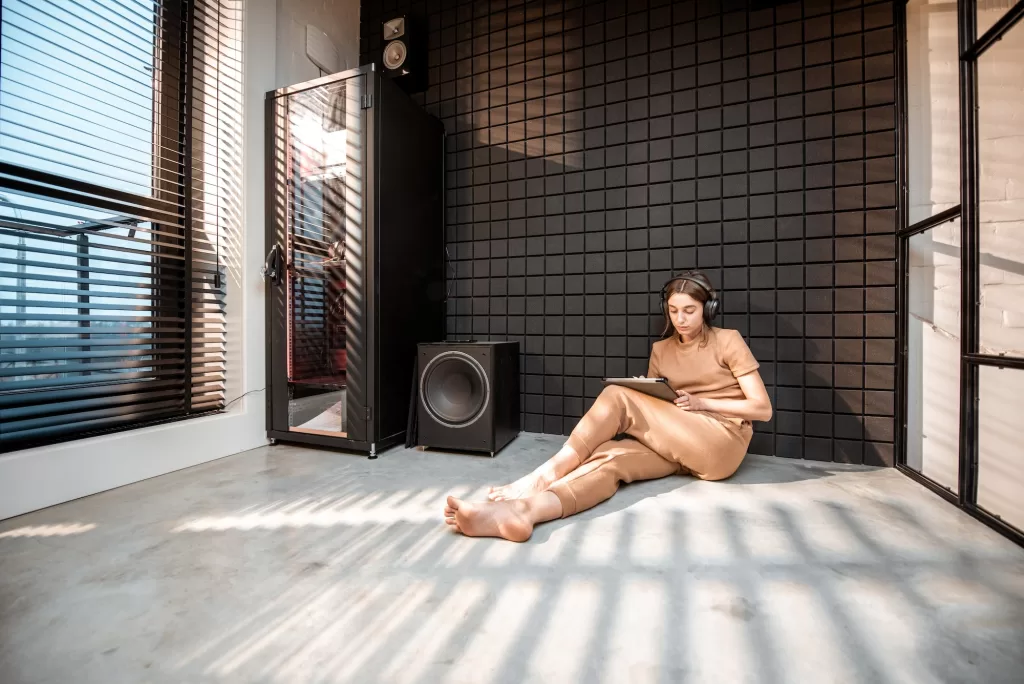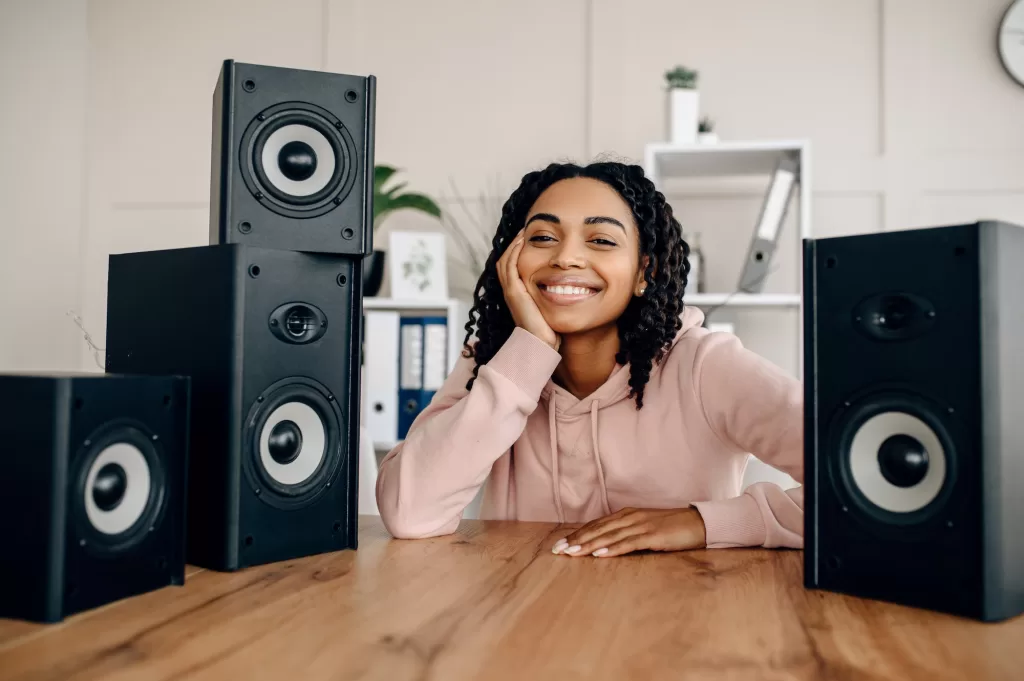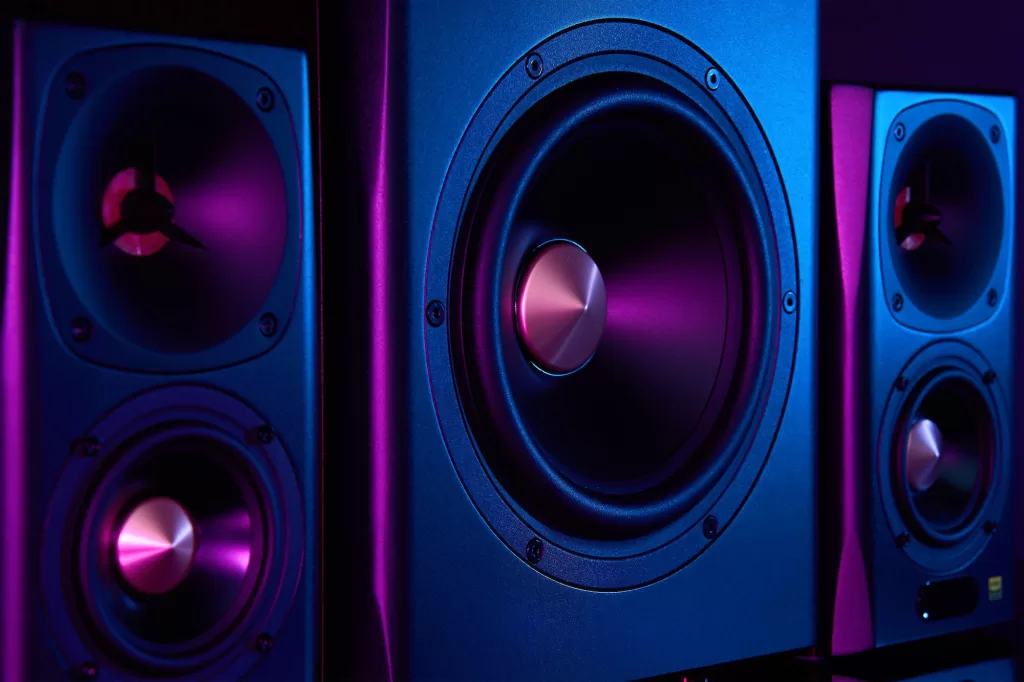
Whether you’re a music lover or just want to enhance your home entertainment experience, choosing the right speakers for your house can make a big difference. With so many options available, it can be overwhelming to decide which ones to buy. This guide will help you navigate the different types of speakers and find the perfect fit for your needs and preferences.
Determine Your Budget.

Before you start shopping for speakers, it’s important to determine your budget. Speakers can range from a few hundred dollars to several thousand dollars, so it’s important to have a clear idea of how much you’re willing to spend. Keep in mind that higher-priced speakers may offer better sound quality and durability, but there are also affordable options that can still provide great sound. Once you have a budget in mind, you can start looking for speakers that fit within your price range.
Consider the Size and Layout of Your Room.

When choosing speakers for your house, it’s important to consider the size and layout of the room where they will be placed. Larger rooms may require larger speakers to fill the space with sound, while smaller rooms may only need smaller speakers. Additionally, the layout of the room can impact the placement of the speakers and the direction of the sound. For example, if your room has a lot of furniture or obstacles, you may need speakers that can be placed in different locations to ensure optimal sound quality.
Decide on the Type of Speaker You Want.

Before choosing speakers for your house, it’s important to decide on the type of speaker you want. There are several types of speakers available, including bookshelf speakers, floor-standing speakers, in-wall speakers, and satellite speakers. Bookshelf speakers are compact and can be placed on a shelf or stand, while floor-standing speakers are larger and can be placed on the floor. In-wall speakers are installed directly into the wall, while satellite speakers are small and can be placed on a table or mounted on the wall. Consider your space and preferences when deciding on the type of speaker you want.
Look for Speakers with Good Frequency Response.

When choosing speakers for your house, it’s important to look for ones with good frequency response. Frequency response refers to the range of frequencies that a speaker can accurately reproduce. A speaker with a wider frequency response will be able to reproduce a wider range of sounds, resulting in better overall sound quality. Look for speakers with a frequency response of at least 20 Hz to 20 kHz, which is the range of human hearing. Keep in mind that frequency response is just one factor to consider when choosing speakers, so be sure to also consider other factors like size, power, and connectivity options.
Read Reviews and Listen to Demos Before Making a Final Decision.
Before making a final decision on which speakers to purchase for your house, it’s important to read reviews and listen to demos. Reviews can give you an idea of the overall quality and performance of the speakers, as well as any potential issues or drawbacks. Demos allow you to hear the speakers in action and get a sense of how they sound in your specific environment. Many electronics stores offer demos or allow you to bring the speakers home to try them out before making a purchase. Take advantage of these opportunities to ensure that you are choosing the perfect speakers for your house.
